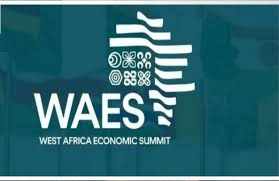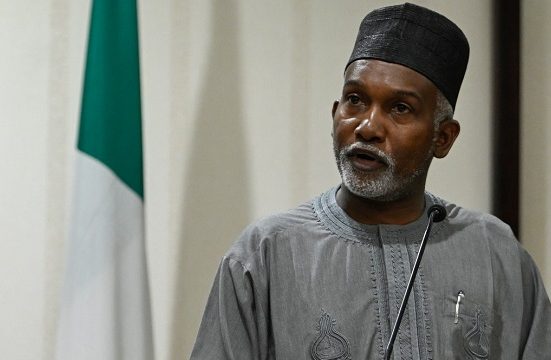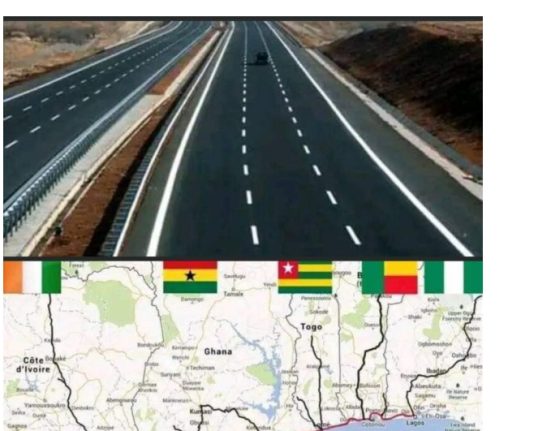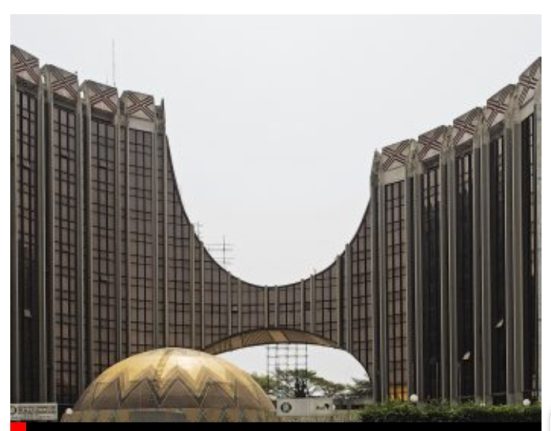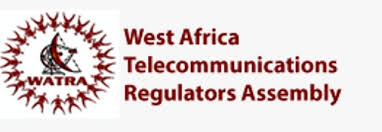Calls for urgent reforms echoed across the 2025 West Africa Economic Summit in Accra as leaders, economic experts, and trade advocates stressed that breaking existing trade barriers within the subregion could unlock an estimated $500 billion in economic value. The consensus among participants was clear: West Africa holds immense untapped potential that can only be realized through deepened regional integration, coordinated policy frameworks, and removal of restrictive border and regulatory practices.
The alarm was sounded by policymakers and development partners who argued that despite the African Continental Free Trade Area (AfCFTA) being in motion, many ECOWAS member states continue to operate as fragmented economies, hindered by customs bottlenecks, infrastructure deficits, and inconsistent trade policies. This, they say, prevents the region from becoming a unified economic force capable of competing globally and delivering prosperity to its over 400 million citizens.
Speakers at the summit, including Nigeria’s President Bola Ahmed Tinubu and Ghana’s President Nana Akufo-Addo, emphasized that West Africa can no longer afford to pay the price of protectionism and bureaucratic inertia. President Tinubu, while addressing fellow leaders, noted that “regional integration is not a luxury; it is an economic necessity.” He stressed that a functioning and fully integrated regional market would boost industrial growth, support SMEs, reduce dependency on foreign imports, and create millions of jobs for the continent’s youthful population.
Experts from the ECOWAS Commission and the African Development Bank also backed this position with data showing that intra-African trade remains under 20 percent of total trade volumes, a stark contrast to Europe and Asia where regional trade exceeds 60 percent. According to them, if West African nations can improve transport links, harmonize standards, and eliminate tariff and non-tariff barriers, the subregion could collectively tap into over $500 billion in economic gains annually, spanning agriculture, manufacturing, logistics, and services.
The summit also spotlighted the role of modern infrastructure in unlocking these opportunities. Investments in cross-border roads, railways, seaports, and digital connectivity were identified as critical enablers of regional trade. Delegates called on governments to not only commit politically but also take swift legislative and fiscal actions to implement the free movement protocols and trade facilitation policies already endorsed by ECOWAS and AfCFTA.
Nigeria, being the region’s largest economy, was repeatedly pointed to as a potential catalyst for this transformation. With its vast market, growing tech ecosystem, and pivotal geographic position, participants said Nigeria must lead by example in reducing trade barriers and promoting cooperation with neighbouring states.
As deliberations wrapped up, it became evident that the future of West Africa’s economy hinges on the choices its leaders make today. The vision of a prosperous, self-reliant, and globally competitive region is achievable—but only if bold, coordinated action replaces lip service.

